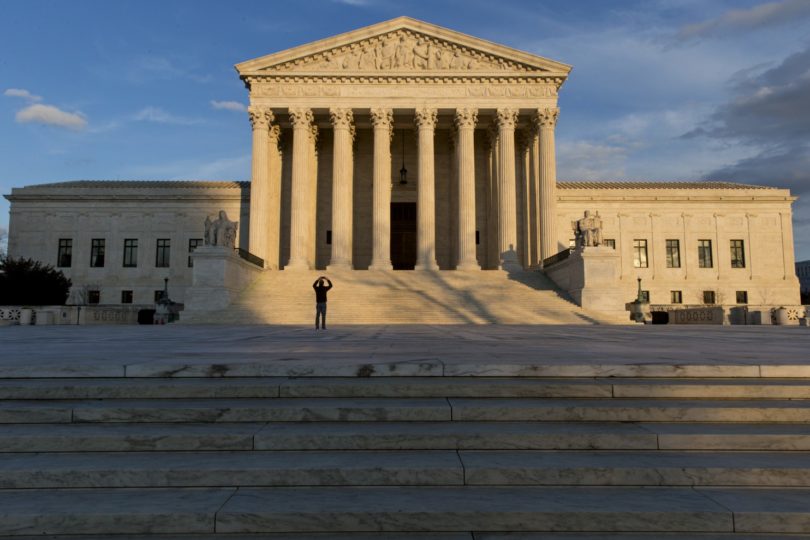The Supreme Court’s new term begins Monday with the focus not on the court’s docket but on the court itself and a future that will be defined by the presidential election. For the first time in decades, there will be only eight justices, not nine, to begin the new term. Also absent are the kind of big-ticket cases — involving immigration reform, affirmative action, abortion, same-sex marriage and the Affordable Care Act — that in recent years have catapulted the Supreme Court to the fore of American civic life. Instead, the short-handed court has assembled a docket of more-modest cases — albeit ones that touch on contemporary controversies such as the role of race in criminal justice and politics and free speech. Of far greater consequence is the fate of the court’s ideological balance. And on that question, the court finds itself like the rest of the country: waiting to see what happens on November 8th.
You may also like
Antifa activists say violence is necessary
Carbon footprints of the hurricane telethon stars
Supreme Court lifts restrictions on Trump travel ban
Canadian judge suspended for wearing ‘Make...
Antifa throws smoke and projectiles at police at...
Out-of-staters may have won New Hampshire for Clinton
About the author
Teunis Felter
Teunis Felter has over 20 years experience as an author, editor, and scientist. When not exploring outside, he enjoys reading history, researching genealogy, and civilly discussing politics.







